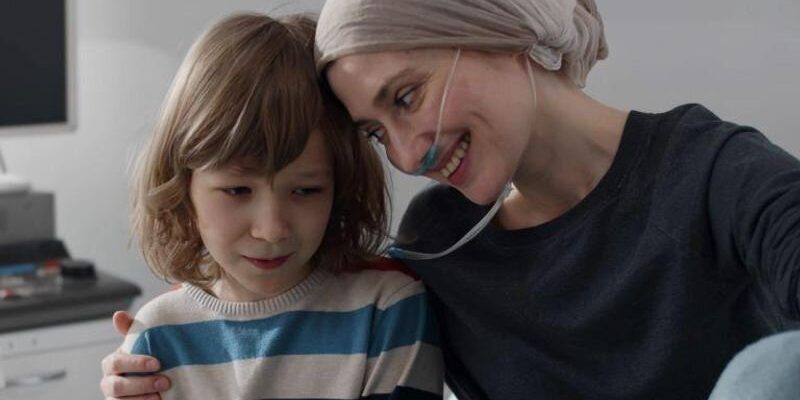
Parental cancer is associated with school absenteeism, medical care unaffordability, increased health care use, and poor mental health among children, according to a study published online April 11 in JAMA Pediatrics.
Zhiyuan Zheng, Ph.D., from the American Cancer Society in Atlanta, and colleagues examined associations of parental cancer with children’s school absenteeism, medical care unaffordability, health care use, and mental health. Analysis included children (aged 5 to 17 years) living in families with (1,232 children) and without (33,870 children) a history of parental cancer and participating in the National Health Interview Survey (2010 to 2018).
The researchers found that a history of parental cancer was adversely associated with school absenteeism, medical care unaffordability, health care use, and mental health among children. When sequentially adjusting for child, parent, and family characteristics, the magnitude of the associations was reduced. In adjusted analysis, odds ratios for school absenteeism of one day or more declined from 1.33 (95 percent confidence interval, 1.11 to 1.59; P = 0.002) to 1.12 (95 percent confidence interval, 0.93 to 1.34; P = 0.23) and for any child hospital emergency department visit from 1.56 (95 percent confidence interval, 1.31 to 1.86; P < 0.001) to 1.36 (95 percent confidence interval, 1.13 to 1.64; P < 0.001).
“Health care professionals and policies should consider the unique needs of affected children and develop school-, parent-, and family-directed strategies to ameliorate the negative associations between parental cancer and children’s health,” the authors write.
Source: Read Full Article
